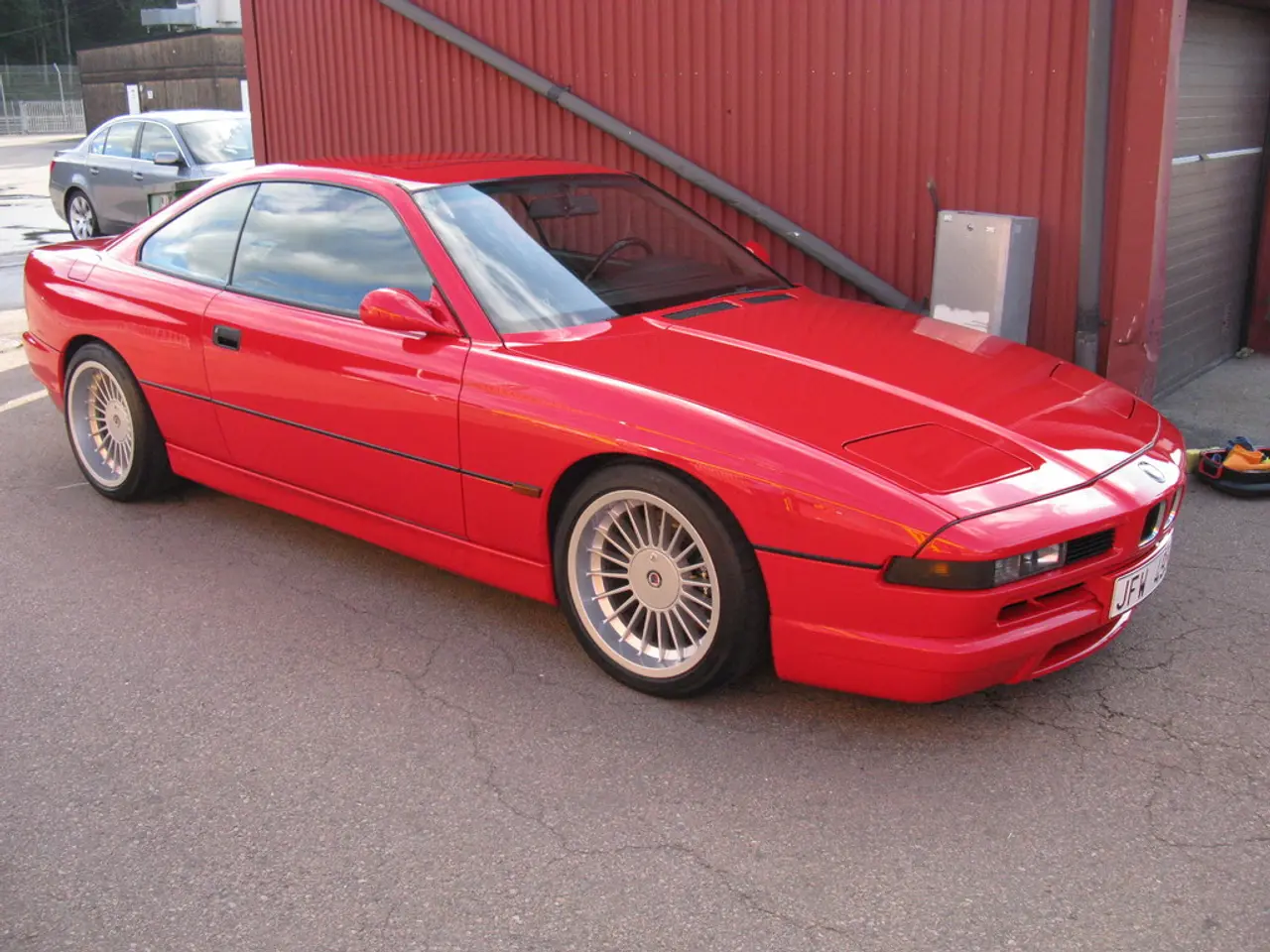U.S. Dealers Adapt Production for Tariff-Friendly 'Made in America' Sales
The automotive industry is shifting its focus towards domestic manufacturing, and the Volkswagen ID.4 is leading the charge. According to the 2024 Cars.com American-Made Index, the ID.4 is more American than popular SUVs like the Jeep Gladiator and pickup trucks such as the Ram 1500 Classic.
Rebecca Lindland, managing director-automotive for Allison Worldwide, has noted that consumers are now giving thought to where the components in their vehicles are made. This shift in consumer behaviour is evident as Americans are paying more attention to the amount of their vehicle's content sourced from plants outside the U.S., considering the stiff tariffs imposed on imported autos and auto parts.
The ID.4's motor and transmission, not detailed in news reports, originate from Volkswagen's own development and production. These advanced permanent magnet synchronous motors (PMSM) are known for high efficiency and specific power, while the ID.4 uses a single-speed transmission designed for electric vehicles. There is no evidence that the ID.4 uses components from other manufacturers like Škoda or Porsche, despite Volkswagen Group connections.
The ID.4 is assembled in Chattanooga, Tennessee, adding to its domestic credentials. Approximately 40% of Volkswagen's lineup is made domestically, positioning the brand as a significant player in the American-made market.
However, it's important to note that no car is 100% American-made; the highest U.S. parts content available today is around 75%, as seen in the Tesla Model Y.
The rise in tariffs on imported vehicles and parts has prompted automakers and their dealers to use their American-ness as a marketing tool. For instance, Honda provides dealers with a poster showcasing their models' ranking on the Cars.com American-Made Index, and the Honda in America website offers dealers information on the automaker's U.S. presence.
On April 2, a 25% tariff began being levied on imported vehicles, and a similar tariff is scheduled to begin being levied on imported parts on May 3. However, President Trump signed an executive order on April 29 that allows automakers to apply for a 3.75% offset of their tariff costs related to auto imports for one year, retroactive to April 3.
Despite the tariff uncertainties, dealerships like Joseph Volkswagen are promoting existing deals before car prices potentially increase due to tariffs. If customers ask about the American-made content of Honda vehicles, dealers can refer them to the provided poster.
Consumer concern about the origin of their vehicle varies by brand, with a higher interest in American-made vehicles for brands like GM, Ford, Stellantis, Jeep, Dodge, and Ram. Cars.com judges vehicles on assembly location, parts content, engine origin, transmission origin, and U.S. manufacturing workforce to determine a vehicle's American-ness.
As the shift towards domestic manufacturing continues, it will be interesting to see how the automotive industry adapts and how consumers respond. The Volkswagen ID.4's lead in the American-Made Index suggests that electric vehicles could play a significant role in this new era of manufacturing.








